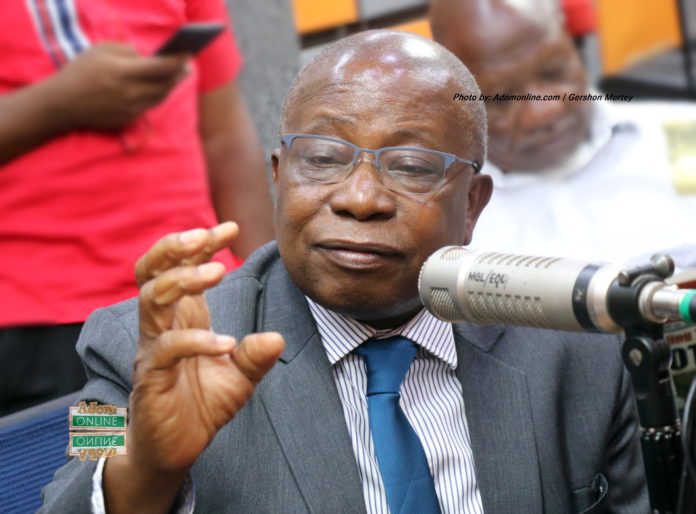The Ministry of Health has given an assurance that efforts are being made to renegotiate the vaccine acquisition contract with the African Vaccine Acquisition Trust (AVAT) as recommended by the Auditor-General’s Special Report on government’s COVID-19 expenditure.
However, it did not state emphatically if the renegotiation would facilitate the recovery of the outstanding balance of $81.87 million for the unsupplied vaccines.
In a statement issued by the ministry in Accra last Monday, it said COVID-19 was not over and the government would still require some vaccines for continuous vaccination as some countries around the world were experiencing fresh waves.
Finds
The Auditor-General’s report found that the Ministry of Health on behalf of the government paid $120.19 million to UNICEF/AVAT for the supply of vaccines.
However, 5,109,600.00 doses of vaccines valued at $38.32 million were supplied to the National Cold Room, leaving a difference of $81.87 million with UNICEF/AVAT.
The Auditor-General, consequently, recommended that the Chief Director of the ministry renegotiates and recovers the outstanding balance.
That, according to the Auditor-General, must be done immediately to ensure the amount was recovered to the state.
Why delay?
The ministry attributed the delay in receiving the vaccines to unexpected vaccine hesitancy, cold chain storage challenges, spontaneous donations, as well as manufacturer’s storage difficulties.
“The ministry in June 2022 was compelled to agree on a delivery schedule for the remaining 11,052 million doses to be delivered from June to December 2022.
“According to the schedule, 1.6 million doses were to be delivered from June to December 2022 to complete the allocation,” the statement said.
However, it said the process was delayed because of the afore-mentioned challenges. Currently, the ministry requested and had received the June allocation which was delivered in January 2023.
“In the meantime, the ministry continues to work with the AVAT for a possible review of the contract and would want to assure the public of our commitment to work in the supreme interest of the public.
“For Ghana, 16,918,600 doses of the Jansen vaccines were allocated, and AVAT was able to deliver these vaccines periodically per agreed delivery schedule, as and when we needed them,” the statement added.
“The reason for the agreed number of doses was as a result of the national policy of attaining herd immunity by immunising 21 million people, avoid wastage, expiration and the difficulties in getting access to vaccines at the time,” the ministry said.
The ministry, however, gave an assurance that efforts were in place to review the contract.
“Currently, the ministry requested and has received the June allocation which was delivered in January 2023. In the meantime, the ministry continues to work with the AVAT for a possible review of the contract, and would want to assure the public of our commitment to work in the supreme interest of the public.”
ALSO READ:
COVID-19: 26 ambulances bought for $4m yet to be supplied – Auditor-General’s Report
COVID-19: $81m worth of vaccines paid for not delivered – Auditor-General’s report
AVAT contract
AVAT was created to enhance access to COVID-19 vaccines as part of the African Union’s Strategy to fight the COVID-19 pandemic.
It is a central entity for the negotiation, procurement and payment for vaccines and to act as the interface between AU member states and the vaccine manufacturers.
Under AVAT, countries were allocated quantities of vaccines based on the population and ability to deploy the vaccines on prescribed schedules.
“It must be noted that the AVAT protocol required upfront payment by countries for scheduled deliveries such that, soon as any such volumes of vaccines are available for delivery, payment is due through the AVAT arrangement,” the ministry added.


